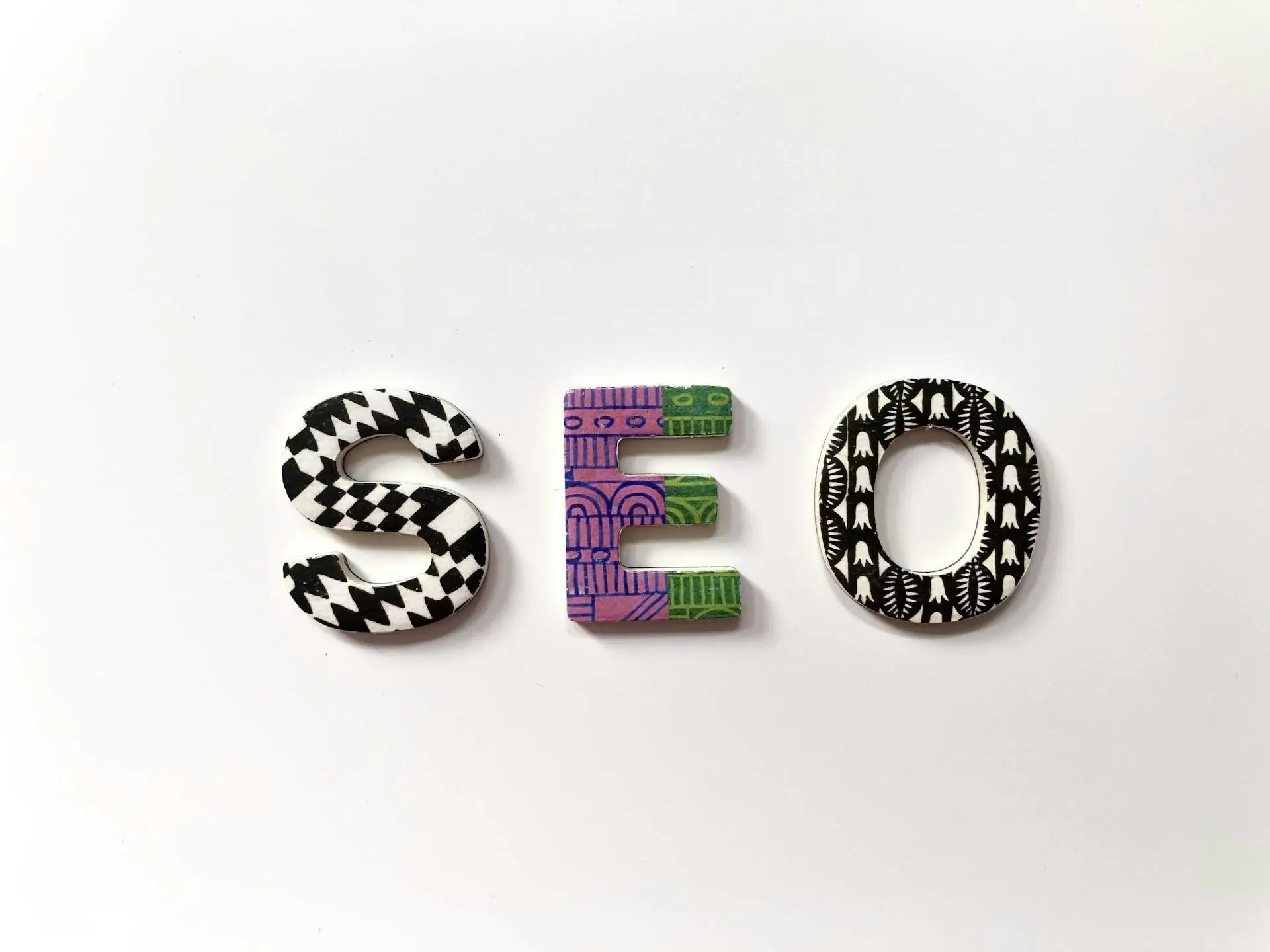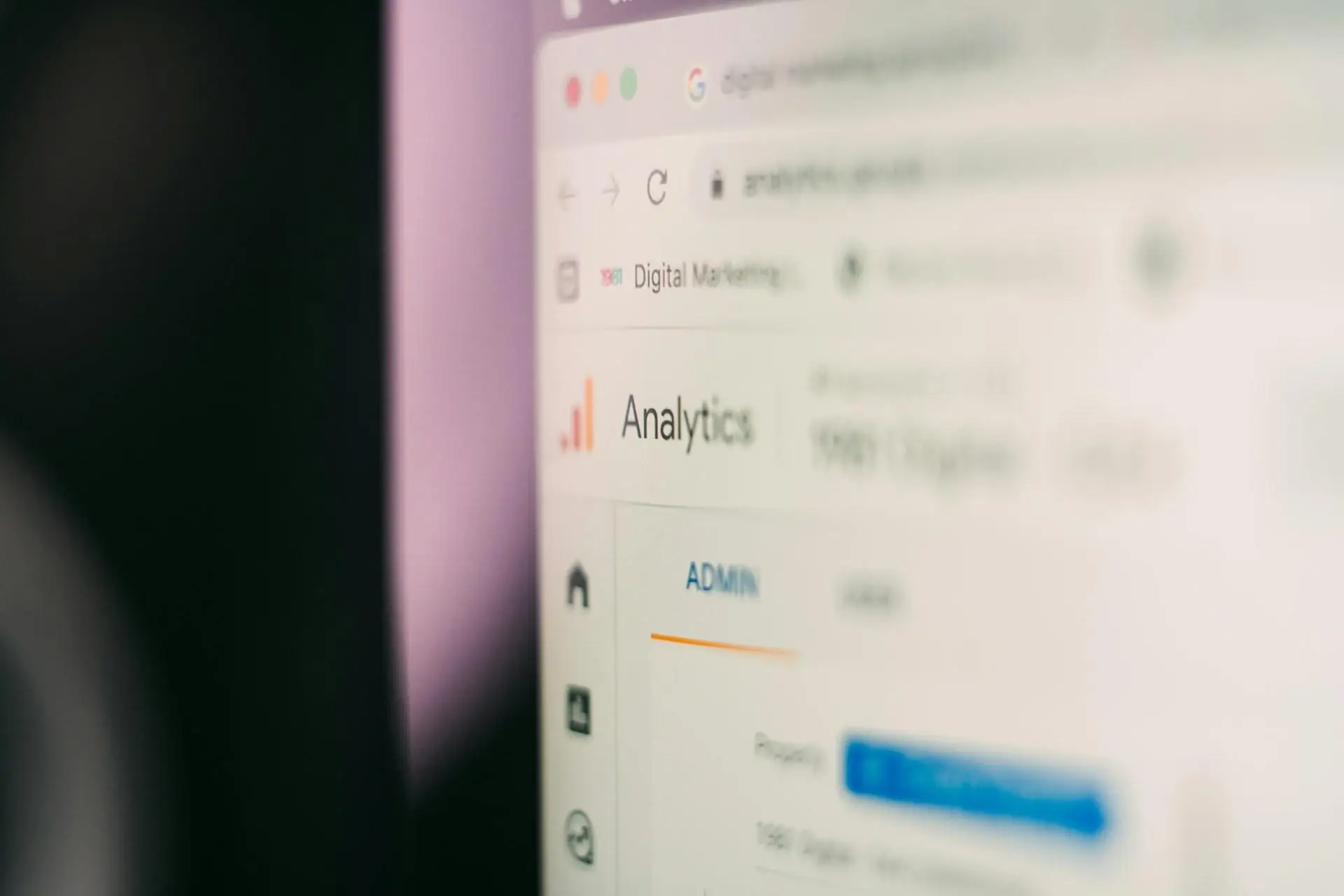Understanding the Impact of Social Media on SEO: Debunking Common Misconceptions
In the ever-evolving landscape of online marketing, Search Engine Optimization (SEO) plays a pivotal role in determining how well a website performs on search engine results pages. As businesses increasingly invest in SEO & digital marketing, it's crucial to understand not just the mechanics of search engines but also how various digital platforms, particularly social media, intertwine with these strategies. This article seeks to explore the nuances of the relationship between social media and SEO, focusing on prevalent myths and established facts that can refine digital marketing approaches.
The Relationship Between Social Media and SEO
Defining SEO & Digital Marketing
SEO involves a collection of strategies aimed at increasing a website's visibility on search engines, ensuring it ranks higher in search results. This encompasses various techniques such as keyword optimization, content creation, and backlink building. Conversely, digital marketing refers to a wider range of marketing strategies that leverage digital channels, including social media, to reach target audiences effectively. Social media has become an essential facet of digital marketing, augmenting existing campaigns and potentially influencing SEO outcomes.
The Role of Social Media in Digital Marketing Strategies
Social media is instrumental in enhancing brand awareness, allowing businesses to connect with their audience in engaging and interactive ways. Through platforms like Facebook, Twitter, and Instagram, companies can amplify their presence, attract followers, and generate traffic to their websites. Customer engagement is also pivotal; social media fosters community-building and nurtures relationships, leading to long-term loyalty and increased conversion rates.
Debunking Common Myths About Social Media and SEO
Myth 1: Social Media Directly Influences SEO Rankings
One of the most common misconceptions is that social media presence directly impacts SEO rankings. However, this is not accurate. Social media signals—such as likes, shares, and comments—are not direct ranking factors for search engines. What social media does is create an environment where content can engage users. When users actively share content on social media platforms, it may lead to increased visibility, driving potential backlinks and website traffic, which can indirectly affect SEO performance.
Myth 2: More Followers Equals Better SEO
Another belief is that a high follower count on social media equates to enhanced SEO. In reality, the quality of followers is far more important than quantity. An extensive follower base does not guarantee substantial website traffic or engagement. Businesses should focus on building a community of engaged users who are genuinely interested in their products or services, rather than simply striving for larger numbers.
Myth 3: Social Media Links are Equivalent to Backlinks
It is crucial to differentiate between social media links and traditional backlinks. Backlinks are links from other websites that point to yours, significantly influencing SEO rankings. Social media links, while helpful for driving traffic and engagement, do not carry the same weight in search engine algorithms. Backlinks are essential for authenticating content credibility, while social links primarily serve to share content with audiences.
The Real Facts About Social Media's Role in SEO
Amplifying Visibility and Brand Awareness
Social media can significantly increase a brand’s visibility. When users share content from a brand’s site on social media, it reaches a broader audience that may not have encountered the brand otherwise. Such exposure helps establish credibility and reputation in the digital landscape, making firms more trustworthy in the eyes of potential customers.
Driving Organic Traffic to Websites
One of the most tangible benefits of a robust social media strategy is the ability to drive organic traffic to websites. By promoting high-quality content through social media channels, companies can attract visitors who are interested in their offerings. This not only enhances user engagement but also signals to search engines that the website provides valuable content, which can improve search rankings.
Utilizing Social Media for Content Distribution
Social media is an effective content distribution tool. Platforms can be strategically used to promote blog posts, articles, and other content types. By sharing valuable resources, brands can not only enhance their reach but also grow their audience organically. Successful examples include viral content campaigns that leverage the power of influencers and shareable formats.
Secondary Benefits of Social Media on SEO
Enhanced User Engagement and Community Building
Social media provides a unique platform for businesses to engage directly with their audience, fostering relationships that may lead to increased organic traffic and conversions. By producing engaging content that encourages shares and interactions, businesses can enhance their reach and cultivate a loyal customer base.
Collecting Valuable Data and Insights
Social media platforms offer robust analytics tools that can provide insights into customer behavior and preferences. By analyzing engagement metrics, businesses can refine their SEO strategies, tailoring content to better align with audience interests. Understanding trends identified through social media activity can guide content development and marketing strategies effectively.
Establishing Authority and Trust Within the Market
An active presence on social media can position a brand as an authority in its field. By sharing expertise, industry news, and useful content, brands can create a perception of professionalism and knowledge. This perception, combined with social proof gained through customer interactions, significantly impacts consumer decisions, ultimately boosting conversions.
In summary, while social media does not serve as a direct ranking factor for SEO, its role in enhancing digital marketing strategies is undeniable. It increases visibility, drives organic traffic, and aids in content distribution. By dispelling the myths surrounding social media’s influence on SEO, businesses can better integrate social media within their broader digital marketing strategies.
As companies navigate the integration of various marketing channels, embracing social media as a powerful supplementary tool can be transformative. By enhancing user engagement, collecting valuable insights, and establishing authority, businesses can fuel their SEO efforts effectively and position themselves at the forefront of competitive markets. Emphasizing these aspects will ensure a more comprehensive approach to SEO & digital marketing, aligning businesses more closely with their audience and evolving industry standards.










